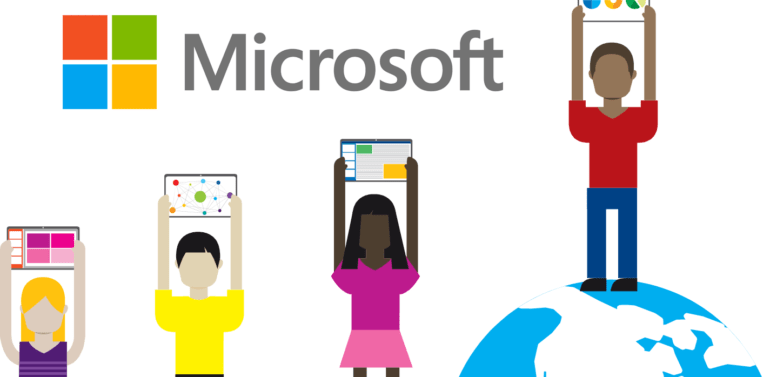What are the three main types of Microsoft Software Licenses?
The three main types of Microsoft Software licenses are Volume License Retail License (also called a boxing license or package license), and an Original Equipment Manufacturer (OEM) license from a computer manufacturer. Volume Licenses are significantly more flexible and options than either a Retail or OEM license and are meant primarily for businesses and organizations. Retail and OEM licenses are sold as perpetual licenses meaning they never expire. Most Volume Licenses are perpetual, however, Microsoft does offer subscription licenses under the Volume License program. These subscription licenses, as the name implies, are for a set period of time and expire if the subscription license is not renewed (very much like a magazine or newspaper subscription).
When you purchase computer software for your organization, you can do so for one or a few computers. You also can purchase a license that allows you to install the software on several computers. Whether your organization chooses volume or retail licensing depends on its size and software needs. What kind of technical support you want may also play a role in determining what kind of computer software license you purchase.
Retail License
The software you purchase as an individual consumer at an office retail store generally is only for use on up to about five computers. If your organization is small and you don’t have many computers onto which you need to download software, purchasing a single retail license may be the best choice. You receive the CD with the software, the product key to authenticate the software, and a user manual with your purchase. You may also receive limited-term software support from the software publisher with your purchase. Ideal for non-profit organization too.
OLP (Open License Program)
Open license or volume license, on the other hand, is probably the best choice if you must download software to more than five computers. Volume licenses are typically best-suited for larger organizations. A volume license does not come with a CD to use to install the software on each computer. The download process occurs through a Web-based service that makes it easy to download the software to computers remotely. Even though your volume license doesn’t come with a printed user guide, it may be possible to purchase additional support through the software publisher.
Some of the advantages of volume licenses for large organizations include the ability to customize the software you purchase for your organization’s needs and the ability to install and troubleshoot the program remotely. If you’re purchasing a suite of software programs, for example, and you don’t need a particular program in the suite, you might customize your purchase to not include it. You also could add in other software programs that are not included in the traditional suite of programs. Volume licenses also enable off-site tech staff or support staff from the software publisher to install and service software on multiple computers with one product key number. Another advantage of volume licensing is that it typically is less expensive per computer than it is to purchase retail licenses for many computers.


